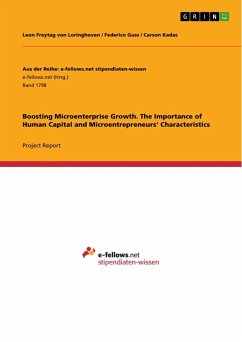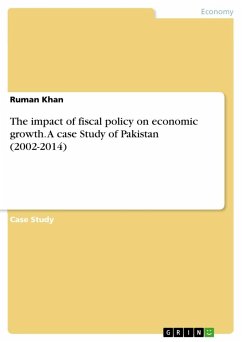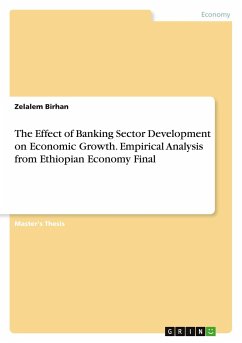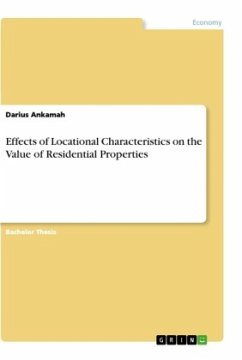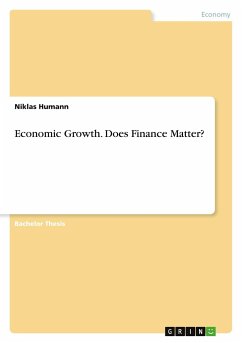Project Report from the year 2016 in the subject Economics - Economic Cycle and Growth, grade: 1,0, Quest University Canada, language: English, abstract: Our study, despite general doubts, aims to deliver answers to how exactly growth of microenterprises is possible. Our proposed experiment combines different aspects of recent studies that found positive effects on growth. We thus want to set our study in the context of a larger, new strategy in development economics, proposed by Banerjee and Duflo in "Poor Economics": "the accumulation of a set of small steps, each well thought out, carefully tested, and judiciously implemented".Through a global economic perspective, it is striking that some countries are very rich and some countries are very poor. In order for poor countries to catch up, their economies have to grow. This growth can be generated through foreign companies in developing countries or firms run by local elites.However, these comprise the dangers of profits not staying in the country and of strengthening corrupt of oppressing elites. An alternative way lies in the generation of growth of very small enterprises. The incomes they generate are more likely to reach the poorer part of the population (e.g. by creating employment) or to be reinvested generating further growth than when money flows to local elites or abroad. We thus see the generation of growth for microenterprises as crucial in terms of the economic development and alleviation of poverty in poor countries. However, we agree with Easterly, that it is wrong to ask "the question of what the end of poverty requires" (Easterly, 2006, p. 11). Instead, it is important to look at more concrete problems and find ways to solve them. We see growth of microenterprises as one of such problems, as it is inhibited by a number of constraints. Some researchers even raise "doubts that microenterprises can generate general economic growth" (Fiala, 2013).Even the young, widely implemented phenomenon of microfinance has not changed much in terms of growth. In Poor Economics, Banerjee and Duflo write about microfinance: ""We cannot count on it to be a stepping-stone for larger business to be created", and that this would be "the next big challenge for finance in developing countries" (Banerjee & Duflo, 2012).
Hinweis: Dieser Artikel kann nur an eine deutsche Lieferadresse ausgeliefert werden.
Hinweis: Dieser Artikel kann nur an eine deutsche Lieferadresse ausgeliefert werden.

